
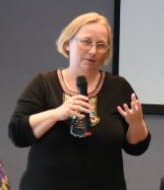
Director of the School on the Oversight of the Security Sector (GPSP)
Sonja Stojanović Gajić is an experienced researcher and practitioner of security governance and conflict transformation. She is a rostered expert for DCAF’s International Security Sector Advisory Team and a member of the United Nations Security Sector Reform Advisory Network.She has two decades of experience supporting security sector reforms (SSR) and peace-building as a leader of civil society and consultant to a number of international organisations in Wider Europe, Central Asia and the Middle East. She specializes in participatory research, capacity-building, strategic planning, evaluation and facilitation of multi-stakeholder dialogues among security and justice professionals, civil society and politicians.
She had developed innovative engagement tools such as the methodology for measuring security sector reform (SSR) from the perspective of civil society, which has been applied in all Western Balkan countries. From the end of 2006 to October 2019, she was Director of Belgrade Centre for Security Policy (BCSP) and helped it transform from an advocacy NGO into a think tank specialized in public oversight of the security sector. For her accomplishments in the civilian oversight of the security sector and inclusion of youth in security research, she received the award for The Person of the Year 2019 by the OSCE Mission to Serbia.
Sonja Stojanoic Gajic has a PhD in International Relations from the University of Belgrade and graduated with distinction for her Master’s program in Politics, Security and Integration at University College London (UCL). She is currently an independent consultant, based in Belgrade, Serbia facilitating knowledge exchange on the democratisation of security globally and an active contributor to a number of Track II initiatives working on trust-building in Europe.
Email: sonja.stojanovic.gajic@outlook.com

Senior Contents Developer
Renata Avelar GIannini is a senior researcher at the Igarapé Institute in Brazil. She has been a consultant to
different organizations including Gender Associations, World Bank, United Nations Development
Program and the Latin America Defense and Security Network (RESDAL) on issues
ranging from border security, conflict related sexual violence and the gendered impact of
infrastructure projects, among others.
She is highly experienced in designing and facilitating
capacity building and training to defense, police and international organizations including the Brazilian Peacekeeping
Training Center, the Navy Brazilian Center of Peacekeeping, the Economic Commission for Latin America and the
Caribbean (ECLAC), the United Nations (UN) and the Organization for Security and Cooperation in Europe (OSCE). In
Brazil, she was a member of the working group tasked with the responsibility of drafting Brazil's National Action Plan
(NAP) and consults with the government on the implementation of UN Security Council Res.1325. Her key areas of
interest include civic space and democracy backsliding; climate security, citizen security, violence against women and
girls and the women, peace and security agenda.
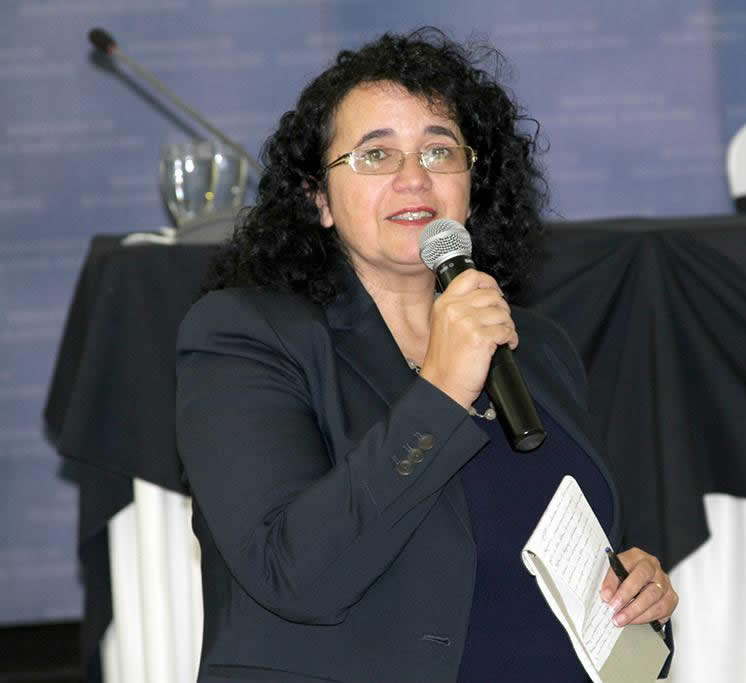
Management and Contents Developer
Marcela Donadio is the Executive Secretary of RESDAL. She holds a PhD in Political Science, a Master
of Social Sciences and a Bachelor of Political Science. She has taught international relations
and national defense and has participated in courses and seminars on the subject in various
regions of the world. She has been a fellow of the National Council for Scientific and Technical
Research (CONICET) of Argentina, and has been the adviser and director of human
rights in the Ministry of Defense of that country. She has received scholarships from the OAS, the Friedrich Naumann
Foundation, the University of York (Summer Institute), and the International Council for Canadian Studies.
She is the
director of the Comparative Atlas of Defense in Latin America and the Caribbean that was first published in 2005, and
has carried out the RESDAL Gender and Peace Operations Program, which also conducted fieldwork in MINUSTAH,
MONUSCO, and UNIFIL. She was the co-editor of "Women in Armed and Police Institutions. Resolution 1325 and
Peacekeeping Operations in Latin America" and "The Shadow of Violence: Women and Peacekeepers in Haiti and the
Congo". She was a representative of RESDAL during the consultations of the Department of Peace Operations for the
development of the Guidelines for Gender Integration in Military Forces in Peace Missions, and for the development of
training modules based on these guides.
Marcela has served as a consultant on security sector issues for private, public, and multilateral organizations in Africa,
Asia and Latin America. She is a member of the Technical Committee of the Elsie Fund administered by UN Women,
and of the UN Security Sector Reform Advisory Committee.
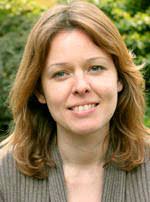
Trainer
Dr.
Fairlie Chappuis is an independent specialist in security sector governance and reform with seventeen years’ experience in research, policy development and operational support. She has published widely on these topics and completed projects for a variety of organisations, including the United Nations, the Danish Refugee Council, Expertise France, the Small Arms Survey, the United States Institute of Peace, and the Pathfinders for Peaceful, Just and Inclusive Societies. She has researched methodologies for peace and security studies as well as urban security with a focus on West Africa, North Africa, the Middle East and Central America.
She is a rostered expert for DCAF’s International Security Sector Advisory Team, an Adjunct Faculty member with the Africa Center for Strategic Studies at the National Defense University in Washington D.C, and a member of the United Nations Security Sector Reform Advisory Network. Previously, she was employed as Programme Manager for the Policy and Research Division of DCAF Geneva, and as Research Associate at the Research Centre Governance in Areas of Limited Statehood in Berlin. Dr Chappuis has been a visiting scholar at the Stimson Center in Washington DC, and the Kofi Annan Institute for Conflict Transformation at the University of Liberia as well as an affiliated Researcher with Swisspeace, University of Basel, Switzerland and the University of Oslo, Norway. She holds graduate degrees from the University of Auckland (New Zealand), and the Geneva Graduate Institute of International and Development Studies (Switzerland), as well as a doctorate from the Otto Suhr Institute of Political Science, at the Freie Universität Berlin (Germany).
Linkedin: linkedin.com/in/fairlie-chappuis

Trainer
Sean Tait is Director of the African Policing Civilian Oversight Forum (APCOF). Sean is a graduate in criminology from the University of Cape Town’s Centre of Criminology. He has worked as Director of the Open Society Foundation for South Africa’s Criminal Justice Initiative and as director of a South African NGO UMAC working inter alia on issues of policing, crime prevention, conflict management and human security.
Website: https://apcof.org
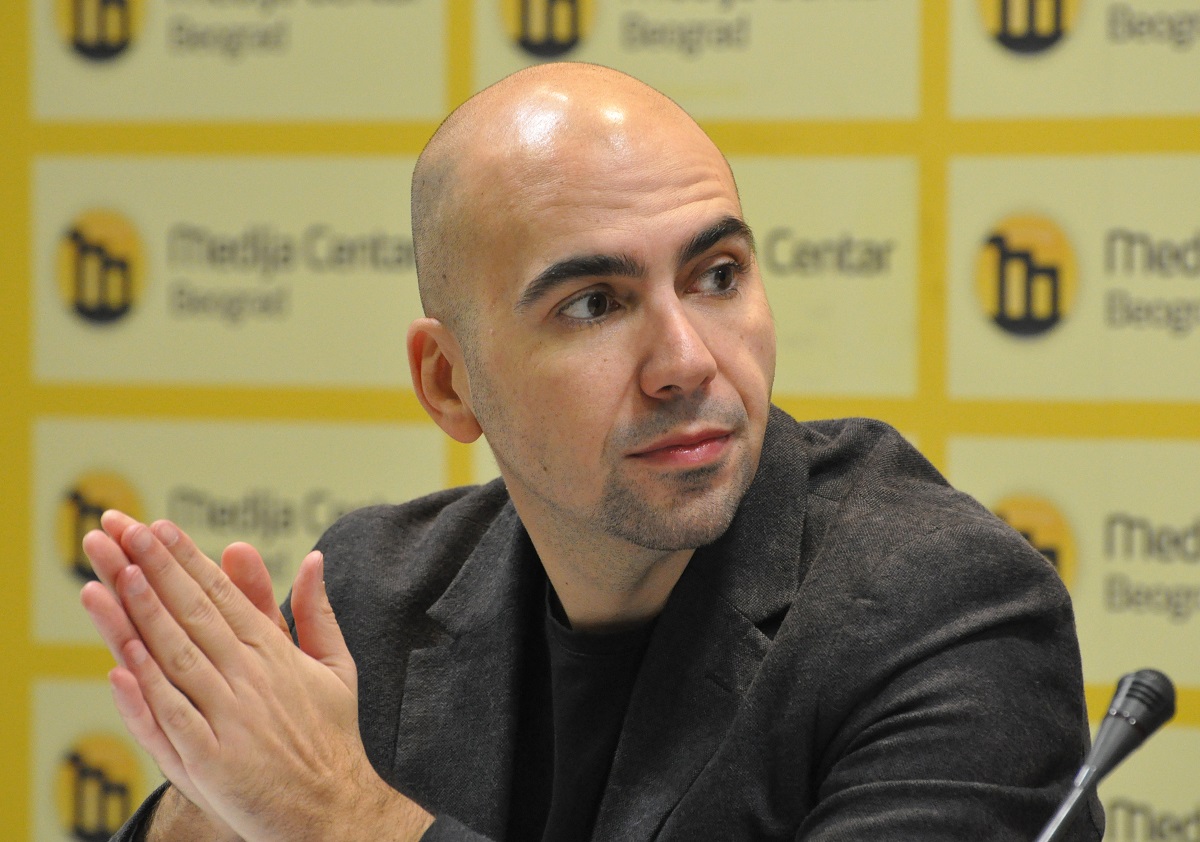
Trainer
Saša Đorđević started his police oversight journey 14 years ago as a researcher at the Serbian-based think-tank Belgrade Centre for Security Policy. From 2008 to 2013, Saša contributed to nine collections of policy papers on police reform, focusing mainly on community policing development in Serbia. Later, he shifted effort to police integrity. In 2013, Saša was part of pioneer research in Serbia on mapping corruption risks in the police.
From 2015 to 2018, he coordinated the POINTPULSE civil society network created to monitor and advocate police integrity in the Western Balkans. This contributed to improving internal control and parliamentary oversight regulation in Serbia. In 2020, Saša joined Global Initiative against Transnational Organized Crime. He is also a Ph.D. candidate at the Slovenia Faculty of Criminal Justice and Security.
LinkedIn: sasa-djordjevic-06658a105
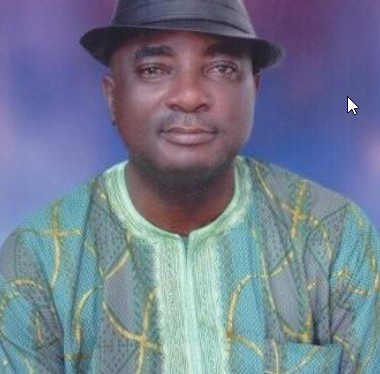
Trainer
Cecil
Griffiths is one of the leading experts on security sector reform issues in Liberia. As a former Deputy Commissioner of Police, currently serving as President of the LINLEA Association, Director of the Center for Criminal Justice Research and Education, Coordinator of the Civil Society Working Group on Security Sector Reform, and secretary of the Civil Complaints Review Board. It has worked to promote reform in the Police, the Immigration Service and other security institutions and continues to build the capacity of civil society organizations to advocate for further reforms in the criminal justice sector.
The Liberia National Law Enforcement Association (LINLEA) is a non-profit, non-partisan organization established in March 1994 to represent the interests of Liberian law enforcement personnel. It provides a national platform for the exchange of information, analysis and recommendations on security sector governance. Through its core programmes, LINLEA promotes and enhances professionalism in the Liberian security sector institutions; monitors ISS compliance with accepted standards related to professional conduct and respect for human rights; advocates improved working environments for security sector personnel; and protects the rights of Liberian law enforcement personnel.
LINLEA is a founding partner of the Global Partnership for Security and Peace (GPSP), an international cooperation project between civil society organizations created by RESDAL.
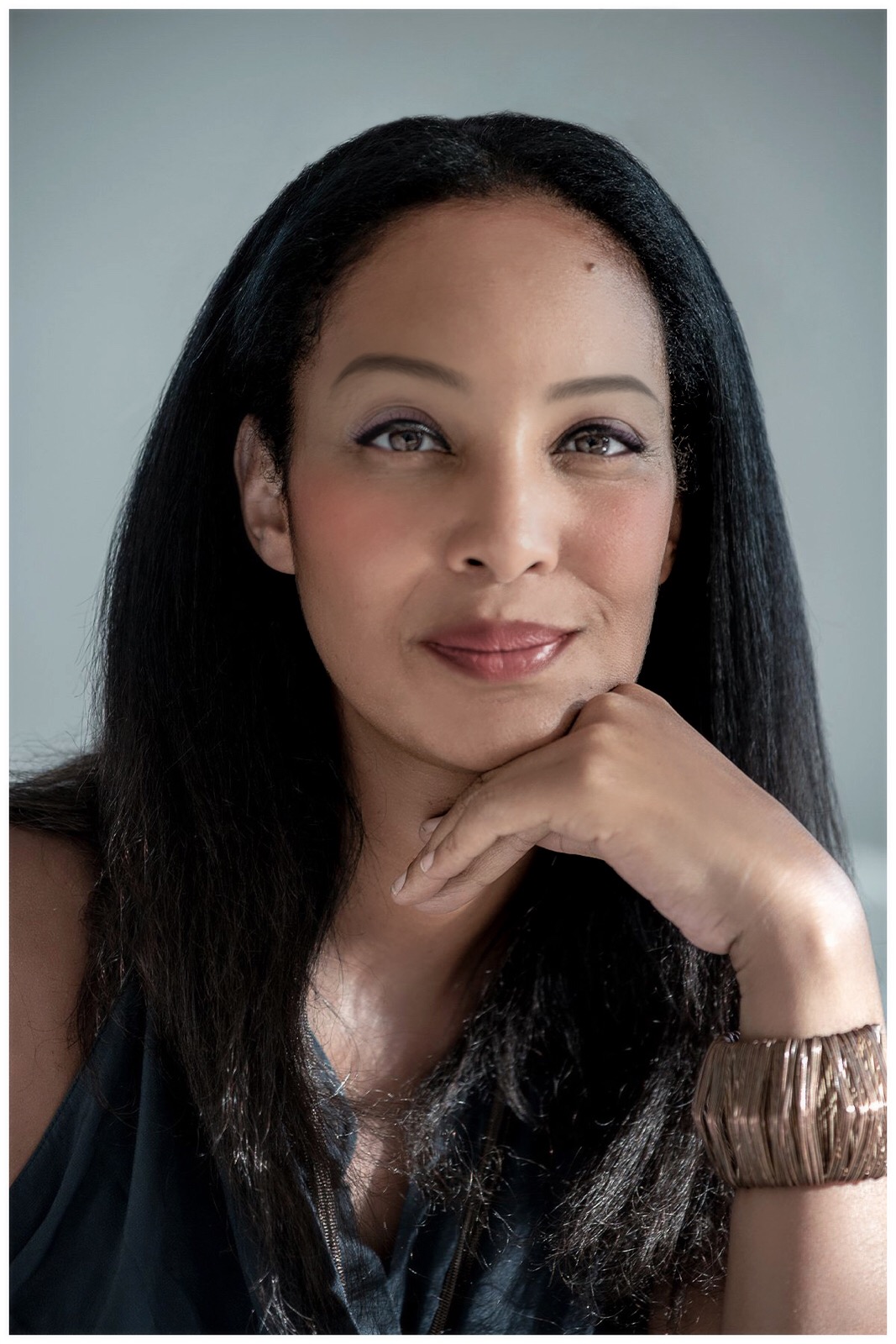
Trainer
Niagale Bagayoko is a political scientist. She has done extensive field research on security systems in African Francophone countries, Western security policies (France, United States, European Union) in Africa and African conflict-management mechanisms, focusing on the interface between security and development. She has taught at the Institut d’Etudes Politiques (Science Po) in Paris.
From 2010 to 2015, she managed the “peacekeeping and peacebuilding programme” at the International Organisation of La Francophonie (OIF) and was a member of the Scientific Committee of the French IRSEM (Institut de recherches stratégiques de l'Ecole militaire). She is now the Chair of the African Security Sector Network (ASSN) .

Trainer
Barbara Shitnaan
M
aigari (JI & Coady Fellow)Barbara is a human rights advocate with over 19 years’ experience. Her focus area is on rule of law, human rights, gender advocacy and CSO accountability. Maigari is a fellow of the Justice Initiative and Coady Institute in Canada.Barbara obtained an LLB from the University of Jos and obtained BL at the Nigerian Law School, Abuja. She further obtained an LLM from University of Jos and a second LLM in Human Rights (International Justice Specialization) from Central European University, Hungary. Within the period of 2005 – 2007, Barbara worked as a litigation lawyer, corporate law practitioner and legal assistance with different organizations.
In 2008 she worked as Intern with Constitutional Rights Project attached to the Senate Committee on Women Affairs in the Nigerian National Assembly. She has worked over the years in the development sector ensuring justice reforms, accountable governance, and human rights promotion. Barbara has consulted with Justice for All, UN Women on Conflict Related Sexual Violence, Inclusive Security on assessment of Military forces in Nigeria, among others. She has also facilitated trainings on human rights, security sector reform and gender promotion, both locally and internationally.
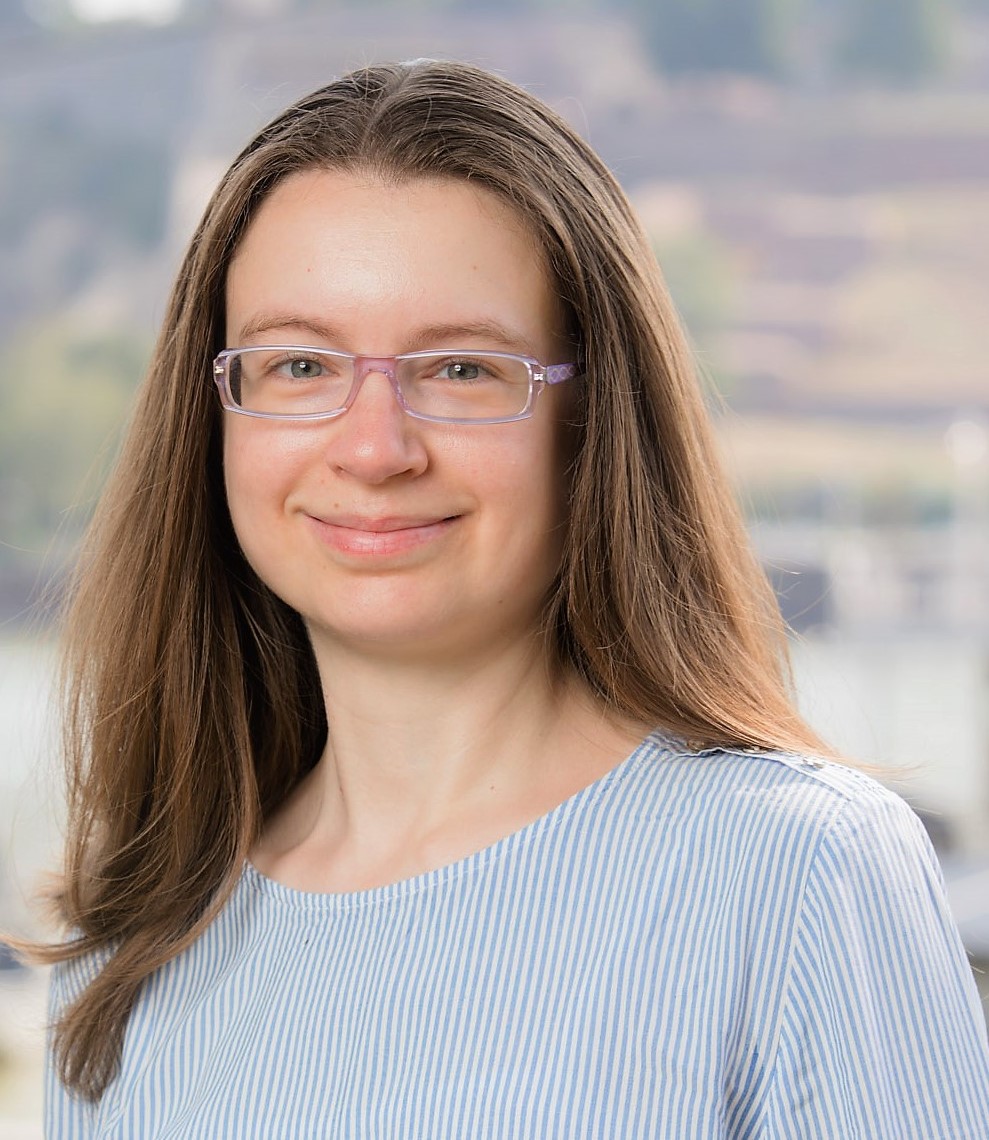
Trainer
Katarina Djokic has worked as a policy researcher and advisor for over ten years, specialising in civil-military relations and defence budgeting and procurement with focus on the Western Balkans region. Most of her career, between 2012 and 2020, she worked as a researcher for the Belgrade Centre for Security Policy (BCSP). During this time, she co-developed the methodology for assessment of public expenditure performance in the security sector and published on external oversight, corruption risks, budgeting and procurement policies in the armed forces and defence industry governance.
She was a country assessor for Serbia in two rounds of Transparency International Government Defence Integrity Index. In 2019 she was a PfP fellow at NATO Defence College in Rome, where did extensive empirical research the factors influencing NATO member states with the 2014 Wales Summit Defence Investment Pledge. Katarina holds MA in Political Science from the University of Freiburg (Germany), MA in quantitative analysis from the University of Belgrade (Serbia) as well as BA in Journalism from the University of Belgrade.
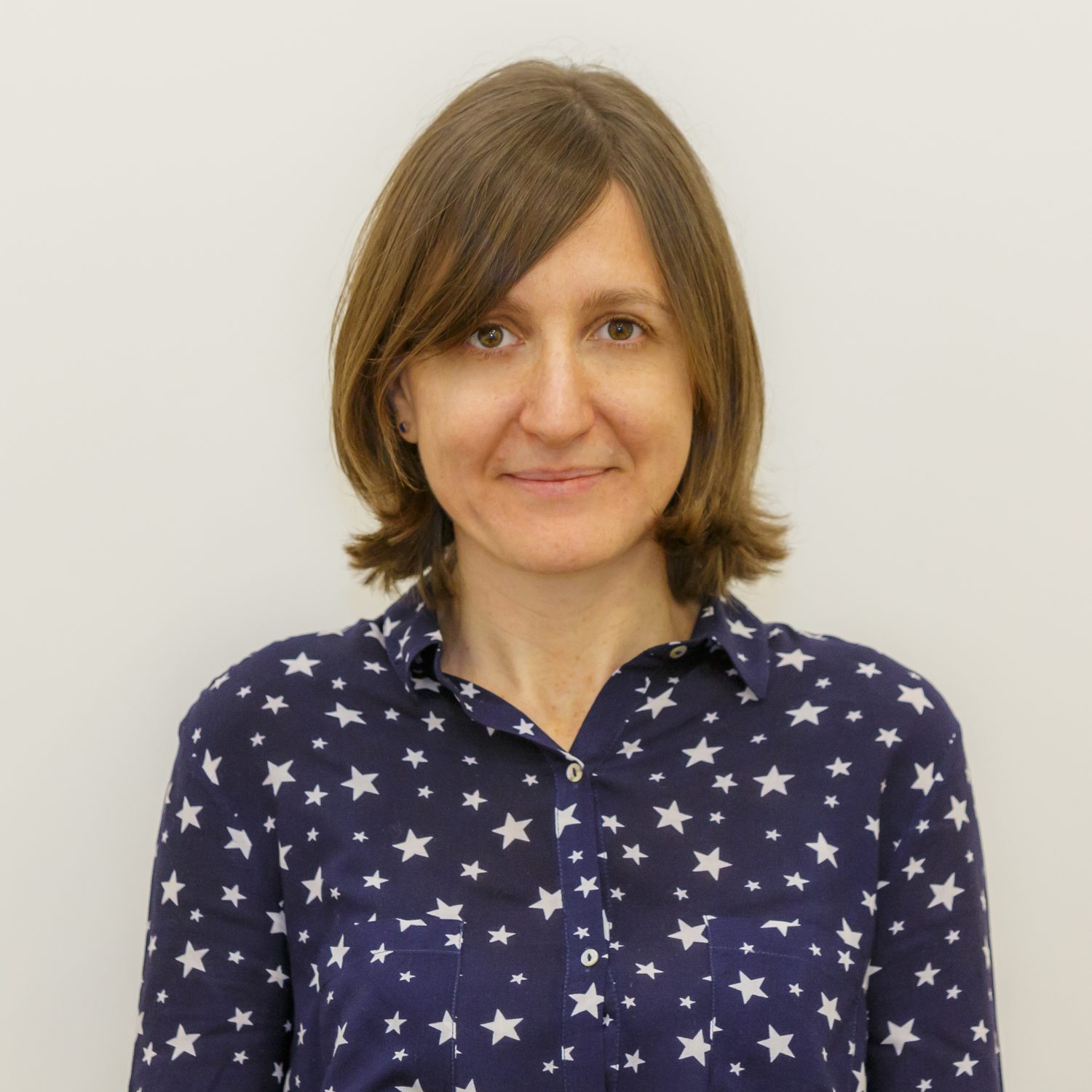
Trainer
Sonia
Jalfin is the founder and director of Sociopublico, a communications studio that spreads complex ideas. She has partnered with the World Bank, UN agencies, IADB and many other global knowledge producers to put out ideas that resolve challenges of our times and improve people’s lives. She is passionate in finding ways to communicate complex ideas in an increasingly message-crowded environment to an increasingly distracted audience.
Sonia has been cultural director at Telefe, an Argentine TV broadcaster, and she currently writes a column on innovation at La Nación newspaper. She has a BA in sociology and received the Merit Award from the London School of Economics and Political Science, where she took her masters degree in communications.

Trainer
Dina Rashed is a political scientist
specializing in civil-military relations, state-society dynamics, security
sector and policing, violence and women, and Middle East Politics. Her research
on institutions of force probes how domestic and foreign factors impact
patterns and structures of power between presidencies, and militaries and
police forces as state organizations.
Her work on state institutions is at the
intersection of comparative politics and international relations, drawing upon
experiences of political development in Egypt and the Global South. She is
currently working on a project on Violence and Women, investigating the role of
women in institutions of security, and patterns of violence against them in
Arab countries. In addition to her academic publications, her commentaries on
Middle East affairs have been featured in media outlets including the
Washington Post and Foreign Policy.
Rashed holds
an MA and Ph.D. in Political Science from the University of Chicago. She
currently serves as the Associate Dean of the College for Academic Affairs, the
University of Chicago.
Email: drashed@uchicago.edu
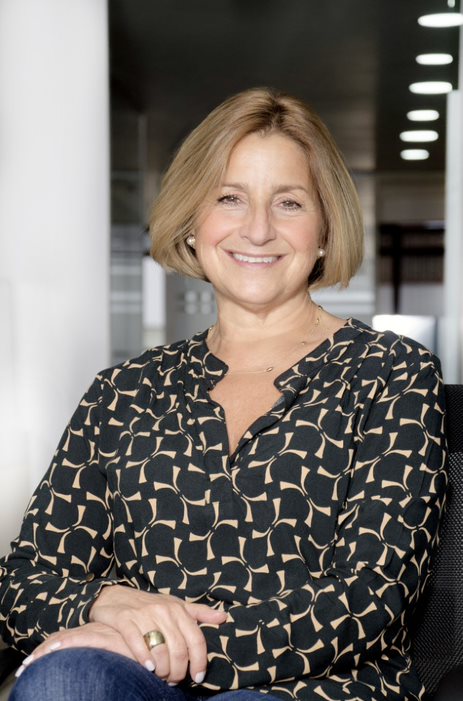
Trainer
María Victoria Llorente
For the past 16 years, María Victoria Llorente has been the Executive Director at Fundación Ideas para la Paz (FIP), a leading think-and-do tank in Colombia on peace and security issues. Prior to this Ms. Llorente was the director of a citizen security and justice program at Los Andes University. She has been a consultant for the Inter-American Development Bank, the Colombian National Police, the Colombian Ministries of Justice and Interior, the Office of the High Commissioner for Peace, the Colombian Truth Commission and the Office of the Mayor of Bogotá in issues related to peace, citizen security, crime prevention, police reform and drug policy. Ms. Llorente has been designated by the government in several high-level advisory commissions on police reform, criminal justice, drug policy reform and intelligence archives. From 1988 to 1994 she served at the office of the National Defense and Security Advisor and the office of the Minister of Defense.
During the past years, she has actively encouraged dialogue as a mechanism to generate trust, resolve conflicts, connect and create solutions to complex problems. She has promoted and participated in multiple dialogue platforms where various actors from across political divides and sectors—social organizations, business, State, among others—have come together. She sits on the boards of the Smurfit Kappa Foundation (2012) and Sistema B Colombia (2020), and is a member of the Colombian National Conciliation Commission since this year. FIP’s social networks
Twitter, Instagram, Facebook, LinkedIn: @ideaspaz
LinkedIn: https://www.linkedin.com/in/mariavictoriallorente/
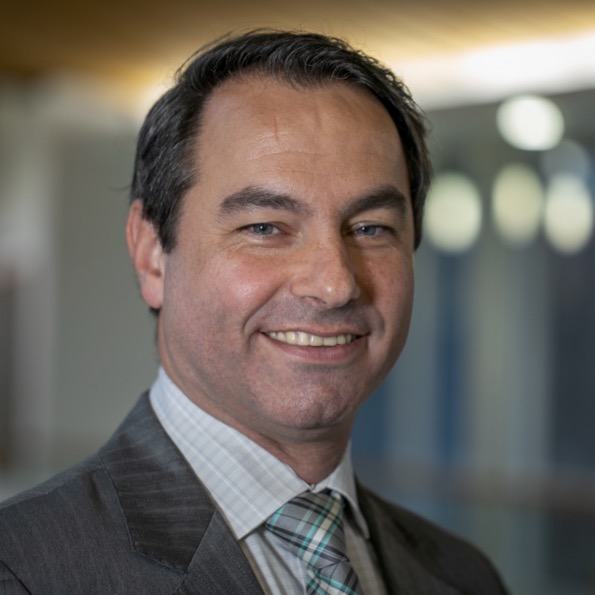
Trainer
Juliano da Silva Cortinhas is Professor of International Relations at the University of Brasília, where he is involved in many teaching and research initiatives, including the coordination of the Study and Research Group on International Security. Juliano holds a PhD (University of Brasilia) and a MA (Federal University of Rio Grande do Sul), both in International Relations. He also holds a BA in Law from the Federal University of Paraná. His research focuses on International Security, National Defense, civil-military relations in Brazil, and post-colonial views on security.
Previous professional experiences include: Visiting scholar at the University of Virginia, where he took part in several research activities(01/22-07/22); Chief of Staff at the Pandiá Calógeras Institute, a think tank of the Brazilian Ministry of Defense (2013-2016); Senior Civil Advisor for Defense Affairs to the Brazilian Presidency at the Secretariat for Strategic Affairs (2012-2013); Visiting Scholar at the University of Delaware (2011-2012); and Chair of the Department of International Relations at the University of Curitiba (2010-2011).
Twitter: @jcortinhas
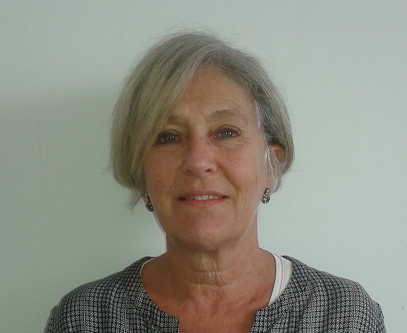
Trainer
Rut Diamint is Professor at University Torcuato Di Tella. She is a Principal Researcher at the National Council for Scientific and Technologic Research, CONICET. She was former advisor to the Argentine Ministry of Defense (2003-2005) and former General Coordinator of the Advisory Units, Senate Sub Presidency Argentine House of Senate 2006-2009.
She is member of the Advisory Committee of Club de Madrid and member of the Advisory Board of the UN Secretary General on Disarmament Matters.Rut Diamint had specialized in international and regional security, civil-military relations, defense issues and peace and democracy.
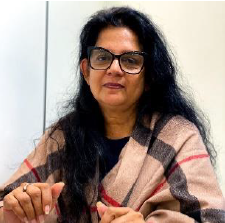
Trainer
Sherine Xavier is an
independent filmmaker/producer and a long-time human rights activist. In
addition to producing and directing, she heads a human rights organization, The
Social Architects (TSA), promoting state accountability vis-a-vis its citizens.
Before heading TSA, she headed Home for Human Rights for many years. She was
the Head of Delegation of the Canadian Red Cross Society (CRCS) in India, after
serving as National Coordinator of the Promotion of Humanitarian values program
of the CRCS in Canada. Her earlier positions include Program Director for
Fourth World Vision (FWV) in Santa Cruz, California, between 2002 and 2003. She
has more than 30 years of experience designing and delivering multi-sectoral
human rights, humanitarian assistance response and development initiatives in
the non-profit sector. She has expertise in, among other issues, mainstreaming
gender, combating violence against women, rights-based policy-related community
development issues, and in social analysis in thematic areas such as emotional
wellness, livelihood assistance, and disaster management and mitigation.
In the past few years, Ms.
Xavier has written widely on issues of violence and its effect on communities
in Sri Lanka for thirty years. Her writing has contributed to knowledge about
everyday life in war zones, social suffering, memory, human rights, emergency
relief, and development in Sri Lanka for The Social Architects. She has also
documented, in writing and film, and has produced many documentaries on social
accountability.
Ms. Xavier has graduated
from Holy Cross Colleague, Tiruchirapalli, India, Concordia University,
Montreal, Canada and Columbia University, New York. She is also a recipient of
the French Ordre national du Mérite Chevalier.